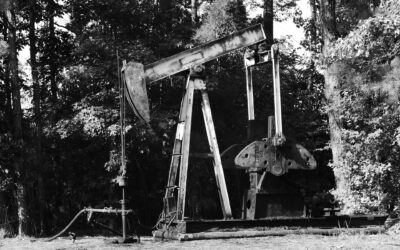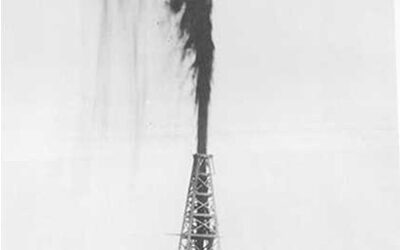Advantages and Disadvantages of Investing in Oil
Insider insight into the South Texas Oil Boom
As with any investment, there are risks and benefits that should be taken into consideration, but when it comes to investing in oil and gas, the advantages of considering oil and gas investments in South Texas can be well worth the risk taken.
Diversification is one such advantage, in that investing in gas and oil can help you diversify your portfolio and minimize risks. Oil and gas investments are a useful diversifier within the economy. There is a balance between oil and gas prices and other stocks, so that one when drops the other rises. It can bring stability to investments, as oil and gas investments help protect your investment portfolio against poor economic turns.
Profit Potential is another advantage. Particularly in smaller companies and limited partnerships, the payoff of an oil and gas investment can be incredible. The extensive profit from a single oil well can greatly surpass the original oil well investment, and it is possible that an oil or gas well can pay dividends for several years.
Tax Advantages. There are also several tax advantages available for the serious, well-qualified gas and oil investor that make an oil and gas investment even more profitable.
Companies are allowed to deduct for depletion, which may not be noticeable in a publicly traded stock but can definitely make a difference within a limited partnership. Depletion accounts for the gradual exhaustion of mineral supplies in a section of land, which could make or break an investment.
On the other hand, there are disadvantages to consider before investing.
The oil and gas market is volatile, meaning that it is unpredictable and subject to extreme price variations. Losing money is not unheard of, particularly within exploratory projects, which is why diversification is such an important aspect of oil and gas investments.
Liquidity is another downfall in that it may be difficult to find a buyer for shares of small companies. Such an investment is typically managed through the company or limited partner directly in which an investor must redeem their interest. However, if one is satisfied with their investment being locked in for a period of time, this may not cause distress.
Commissions are also associated with limited partnerships. Those who have invested are required to pay a commission to a broker or intermediary, which are usually larger than what a standard stockbroker would demand.Lastly, oil and gas investments are a complex matter that should only be undertaken by sophisticated investors with knowledge of this field. Special tax rules require important considerations that may apply to investors, and money invested is not always returned immediately. However, a wealthy investor who is educated in the risks and rules of oil and gas investments could benefit greatly.







